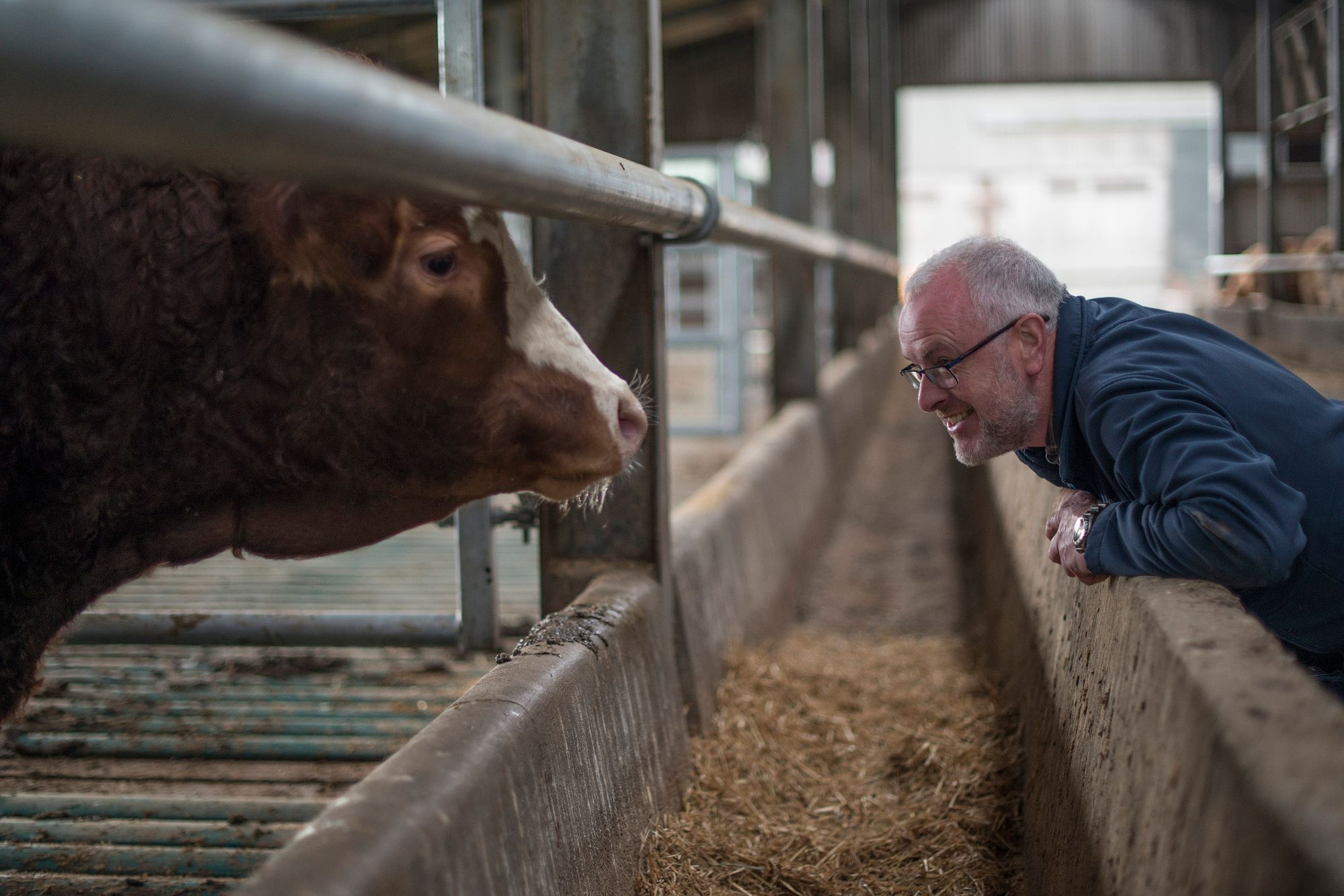A Parent’s Guide to Reading Vitamin Labels When Your Kids Have Allergies
Jamie Robison knows firsthand how vital label reading is when managing your kiddos’ food allergies.
Both her children have severe allergies: tree nuts, milk, eggs … to name a few. She’s done her homework and has her food allergy discernment down pat.
“The best thing a parent can do is to always be vigilant, always read a label and understand your risk,” says Robison, Senior Graphic Designer and Creative Lead for NSF.
But she also knows that label reading doesn’t end with food. It’s still important to read the labels for vitamins and supplements, as these may also contain allergens. Supplement manufacturers must comply with the Food Allergy Labeling and Consumer Protection Act (FALCPA), which regulates the labeling of allergens in food products. So as with food, if an ingredient in the supplement is one of the top eight allergens, it should be clearly labeled on the package. Some companies may also include precautionary statements, such as “processed in a facility,” “made in a factory that also processes” or even “peanut-free.” These statements are voluntary and not regulated, as she has learned.
“The best thing a parent can do is to always be vigilant, always read a label and understand your risk,” says Robison, Senior Graphic Designer and Creative Lead for NSF. “The times when I’ve run into trouble are the times when I have not been vigilant.”
To help parents take a closer look — beyond the promises — we went to our experts for the latest thinking and tips about how to understand label claims and be safer.
Read closely — specifically the ingredient list.
Pick up the phone. If you’re not sure about a product, call the company to determine if it contains an allergen. “My backup plan if I am uncertain is always to contact the company and ask about the allergens and labeling,” says Robison.
Look for product certification. While several organizations offer to test dietary supplements, their methods and standards vary. NSF/ANSI 173 - Dietary Supplements was developed several years ago to provide a uniform standard for testing dietary supplements.
Reach out. Robison says she has found support and shared information through support communities with other parents, like those available on Facebook. She’s even created a spreadsheet to track safer, allergen-free products for her children.
Beware of outrageous claims. In addition to allergens, there are some additional claims to be aware of that you might see on a label. These include:
- Outrageous claims. Most of us have seen supplements that promise to help make you thinner, smarter, stronger or faster without any other changes in lifestyle. Just as with other products, if it sounds too good to be true, it probably is.
- “All natural.” Unlike “organic,” “all natural” is not an official term that is regulated by the federal government and does not offer any guarantee as to the product’s safety.
- “Pharmaceutical strength.” This is another one to watch out for, as there is no such thing as pharmaceutical strength for over-the-counter supplements.
Sign Up for Tips for Better Living
Stay up to date with what matters most to you and your family.
Related Posts

Foodstuffs: How To Store and Heat Leftovers Safely

Kitchen Cleaning 101: Your Ultimate Guide to Optimum Kitchen Cleaning

Keeping a Clean Home, Especially When You Share It With Your Pet

loMT: Utilize Internal Information Security Expertise to Combat Cyber Risks
How NSF Can Help You
Get in touch to find out how we can help you and your business thrive.

What’s New with NSF

Healthy People Living on a Healthy Planet: The Future We’re Working For
April 4, 2024
American Meat and Egg Distributors Now California-Ready with NSF’s Prop 12 Certification
April 3, 2024
2024 GFSI Conference - Meeting the Needs of our Evolving World
March 20, 2024